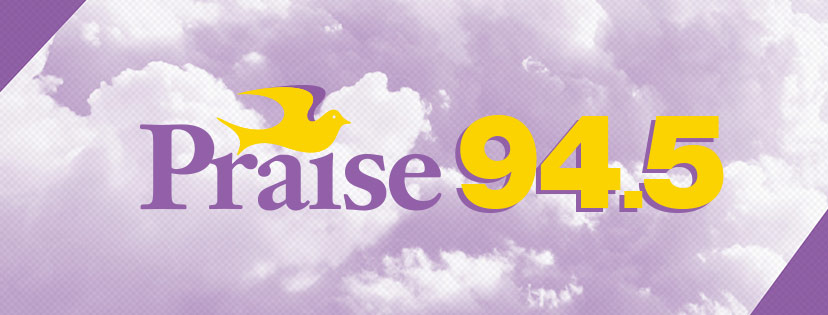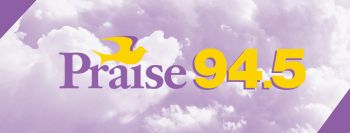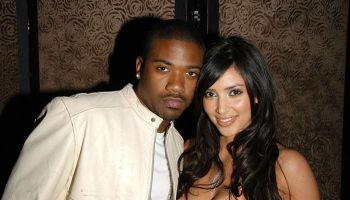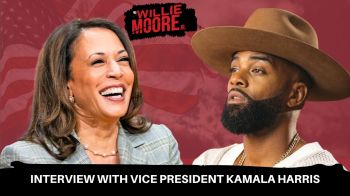Think back to the age before GoldieBlox, before gender-neutral Easy-Bake ovens, before “My Princess Boy” or “It Gets Better.” Way before apps for infants, TV networks for toddlers or even “Schoolhouse Rock” on Saturday mornings.
That’d bring you to the early 1970s, when an album in a bright pink sleeve was passed among teachers, parents, librarians and kids. It was called “Free to Be … You and Me,” and record players around the country spun songs such as “William’s Doll,” “Parents are People” and “It’s All Right to Cry.”
When it debuted in 1972, there was nothing else like it – at least, nothing so popular. It was feminist and multicultural; an early childhood education in empathy; multimedia before anybody used the word. There was the gold record album, a best-selling book and in 1974, an Emmy- and Peabody-winning TV special that starred its creator, Marlo Thomas, “and friends” – literally, her formidable list of famous pals, including Harry Belafonte, Alan Alda, Diana Ross, Roberta Flack, Carl Reiner, Rosey Grier and young Michael Jackson.
More than 40 years later, there’s nostalgia in its opening chords and a legacy that still courses through classrooms.
“Children memorized every lyric and asked their parents and teacher to play the record over and over again,” Letty Cottin Pogrebin, a Ms. magazine co-founder, wrote in the 2012 book “When We Were Free to Be: Looking Back at a Children’s Classic and the Difference It Made.”
“It challenged teachers to face up to their entrenched, often unacknowledged, gender biases and to cast a more critical eye on the books they were assigning, whom they called on most often in class, whom they allowed to dominate the block corner or the dress-up box.”
The idea began with Thomas, star of the sitcom “That Girl,” and, in 1971, a new auntie. Her young niece’s storybooks were the same ones Thomas read as a kid, and recent entries to the bedtime canon reinforced that boys were pilots and doctors while girls were stewardesses and nurses. With the help of her friends and contacts, including poet Shel Silverstein and co-producer Carole Hart, the album and book were born.
CLICK HERE to read story
article courtesy of CNN.com












